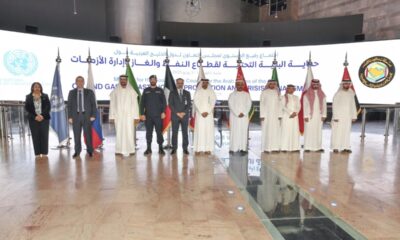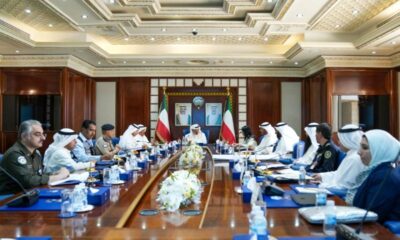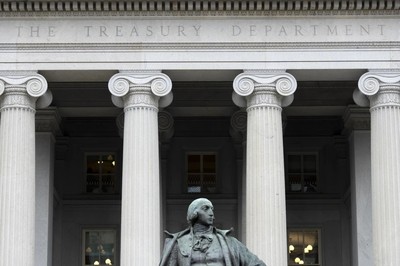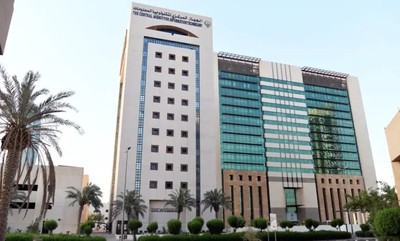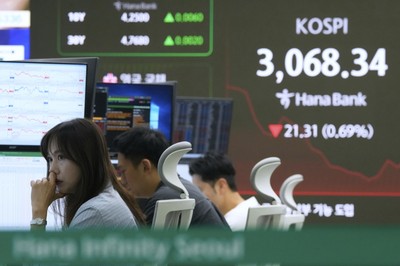Business
OPEC+ to boost oil output despite stagnant demand
-
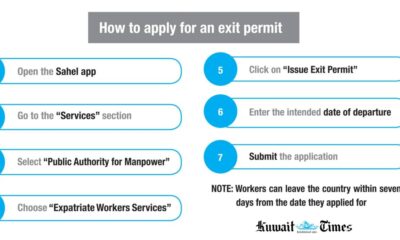
 Latest News22 hours ago
Latest News22 hours agoExit permit now mandatory for expat workers
-

 Latest News14 hours ago
Latest News14 hours agoZain celebrates Kuwait’s promising talents at annual top students honoring ceremony
-
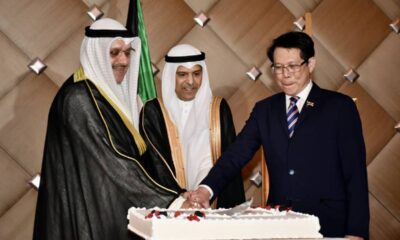
 Latest News18 hours ago
Latest News18 hours agoKuwait aims to turn ACD forum into international organization
-

 Latest News17 hours ago
Latest News17 hours agoAFESD, AIIB sign deal to boost sustainable infrastructure projects
-

 Latest News16 hours ago
Latest News16 hours agoFootball academies shaping future stars, instilling core values
-

 Latest News20 hours ago
Latest News20 hours agoIran Embassy opens condolence book to honor victims of Zionist aggression
-

 Politics15 hours ago
Politics15 hours agoKuwaiti Convicted Of Using a Fake High School Diploma To Secure Govt Job
-

 Politics14 hours ago
Politics14 hours agoTimely Action Prevents Casualties in Al-Wafra Warehouse Fire



